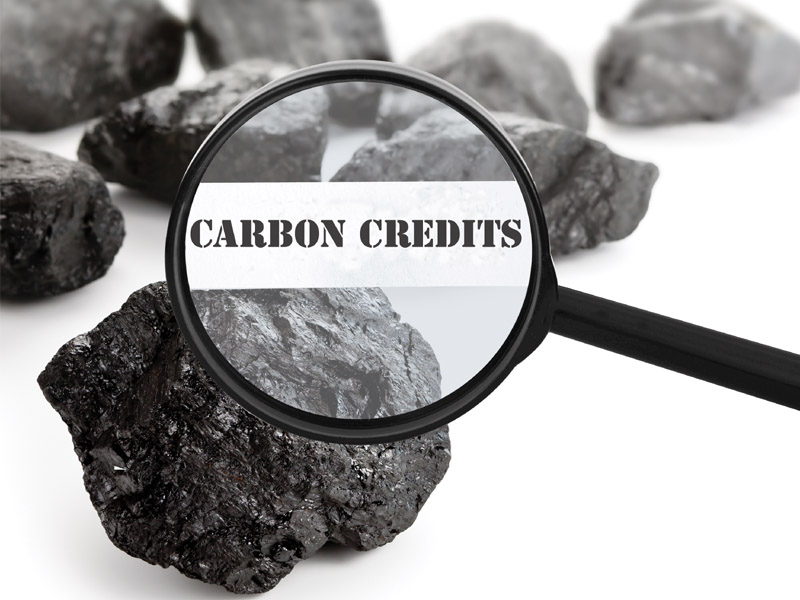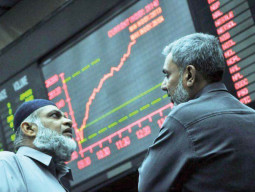
A slump in price of carbon credits over the past few months has made renewable energy projects expensive as sponsors were aiming to offset part of their cost by selling tradable certificates in international markets, industry people told The Express Tribune.
The price of a carbon credit, which represents the right to emit one ton of carbon dioxide (CO2), has come down to around $2 from an average of $10 last year, they said.
“We have missed out on a great opportunity by delaying all the wind-energy projects,” said Hammad Bashir, Director of Nouveau Energy Management Services, a consultancy firm. “Now we won’t get the right price. This is all because of procrastination on the part of government officials.”
Devised under a global treaty to reduce greenhouse gas emissions, trade in carbon credits is meant to be the cost-effective way for companies in developed world to reduce their carbon footprint.
Under the Kyoto Protocol, leading economies had binding targets to bring down emissions by December 2012, known as the first commitment period of the treaty. Each of the industrial nations was supposed to meet the target.

Instead of spending huge amounts in their own countries to update industrial processes, the companies there buy carbon credits from developing countries to compensate for the emissions.
Industry officials say the second commitment period that will run until 2020 has not been legally enforced yet. “The projects which come up now won’t be getting the right price,” said Bashir.
Pakistan has around 12 projects in fertiliser, cement, power generation and other industries that have qualified for selling carbon credits. It is hard to say how much the industry is actually earning by selling carbon credits since the information is not disclosed.
There hasn’t been any study to establish how much greenhouse gases are emitted in Pakistan, according to Bashir. “But we believe that the size of CO2 emissions, which could be brought down and converted into carbon credits, stands at around 43 million tons.”
As an example of the potential, industry officials often point to Pakarab Fertilizer’s N2O Abatement Project. It was implemented at a cost of $15 million and offered estimated annual revenue of around $13 million against reduction of 1.3 million tons of CO2 equivalent emissions.
Omar Malik, a director at Carbon Services, another consultancy firm, said slowdown in European economies and oversupply contributed to slashing carbon credit’s price.
“We won’t see any rush for investing in environment-friendly projects until the price starts to climb again,” he said. “That in no way means that work has completely stopped. There are many projects in the pipeline.”
As per the Clean Development Mechanism (CDM) secretariat in Pakistan, 67 projects have been approved for undertaking work to reduce greenhouse gas emissions.
CDM’s former head Javed Ali Khan said a fall in price of carbon credits should not be any reason to discourage investment. “So what if the price has crashed? You are not bound to sell your carbon credits right away. Just save them when price rises again.”
Referring to disagreement between developed countries over implementing the next phase of the protocol, he said market remains under pressure whenever there is uncertainty.
“Pakistan stands to gain a lot out of this initiative. Until now only private sector has come forward to earn carbon credits while there are so many public sector projects which could do the same.”
Industry people say the government must renew emphasis on CDM considering the massive power shortfall. Inefficient power plants and waste of methane in factories because of worn-out equipment contribute to the energy crisis.
Published in The Express Tribune, May 21st, 2013.
Like Business on Facebook to stay informed and join in the conversation.



1730959638-0/trump-(19)1730959638-0-165x106.webp)













COMMENTS
Comments are moderated and generally will be posted if they are on-topic and not abusive.
For more information, please see our Comments FAQ